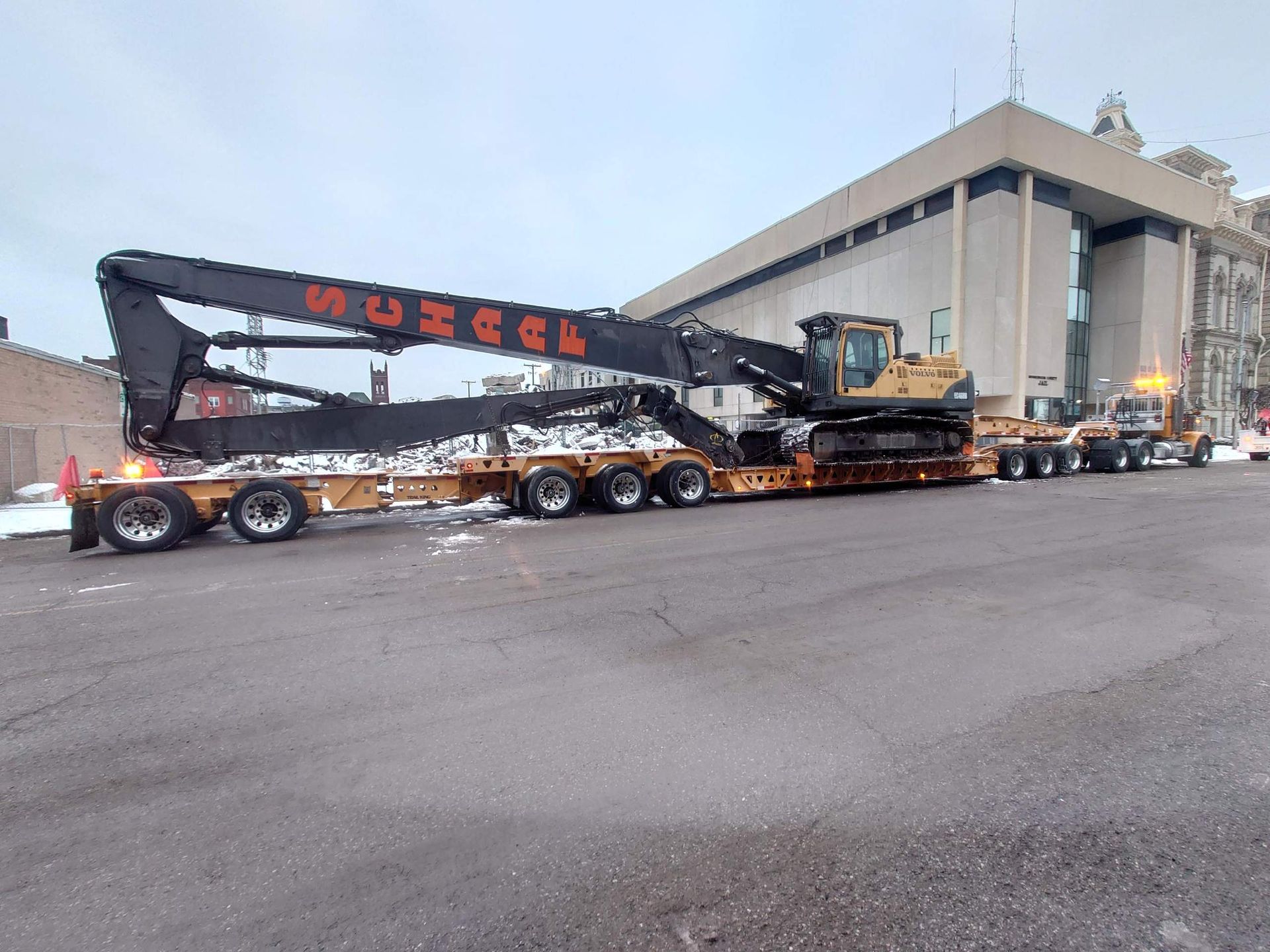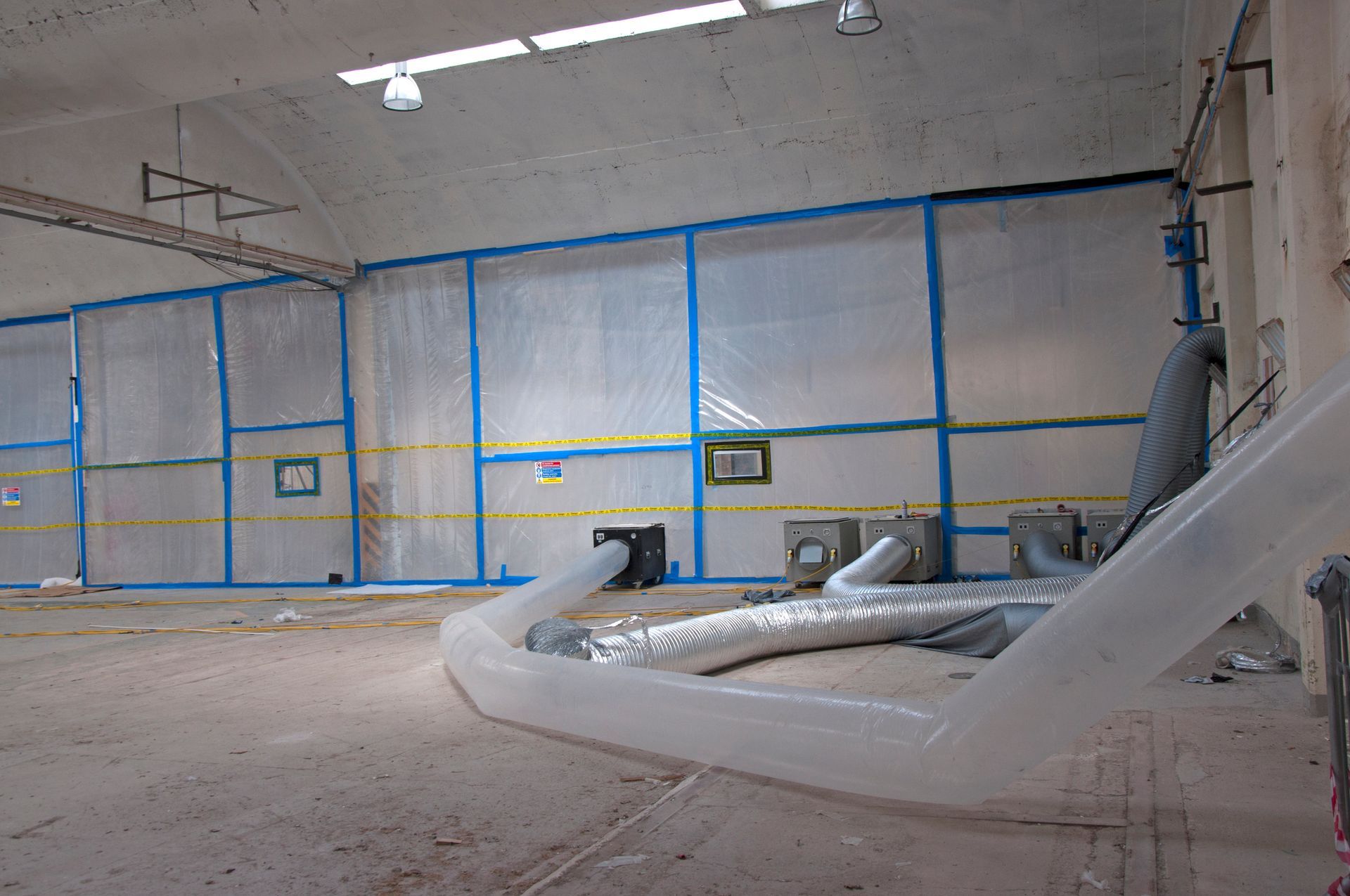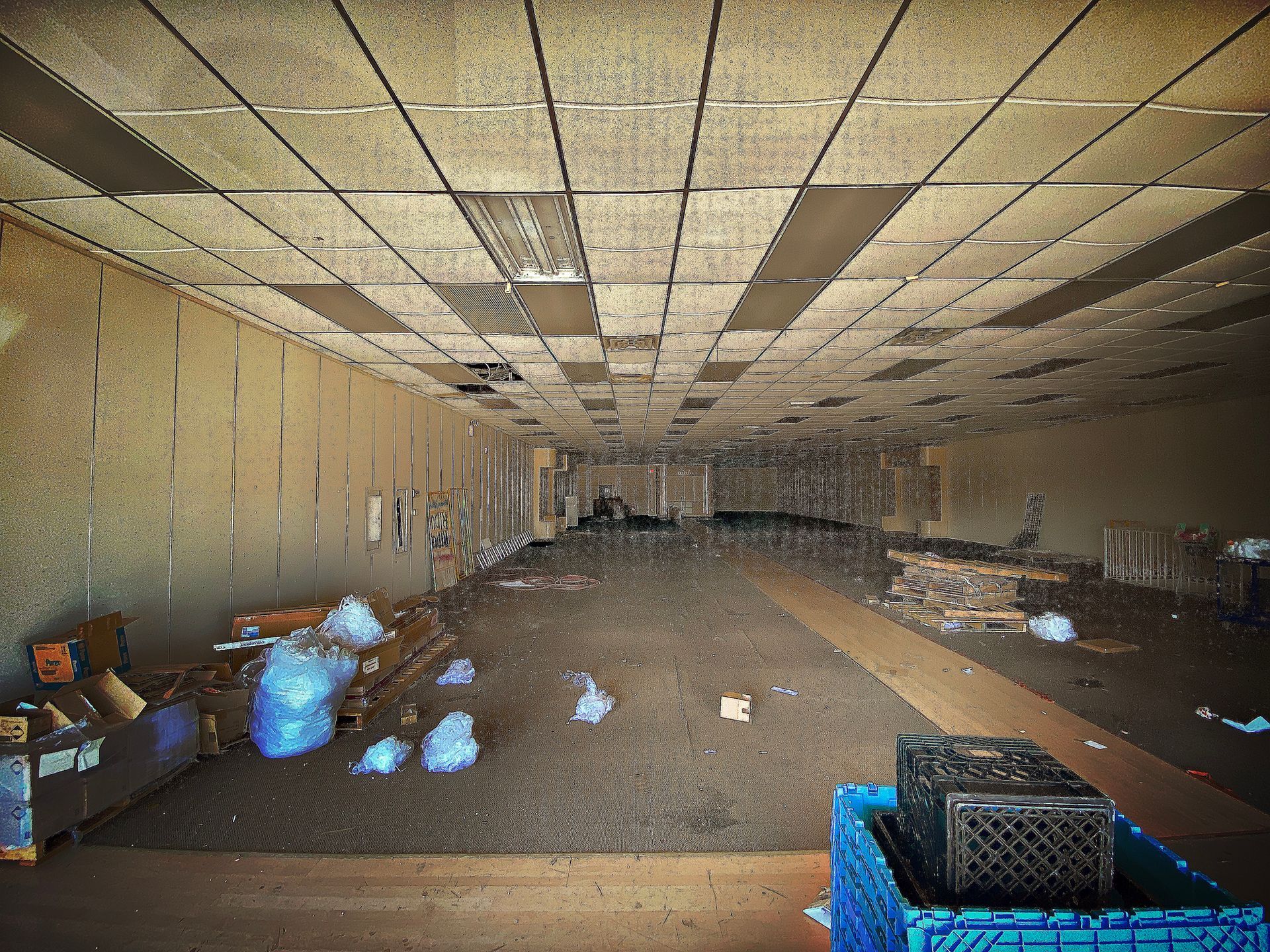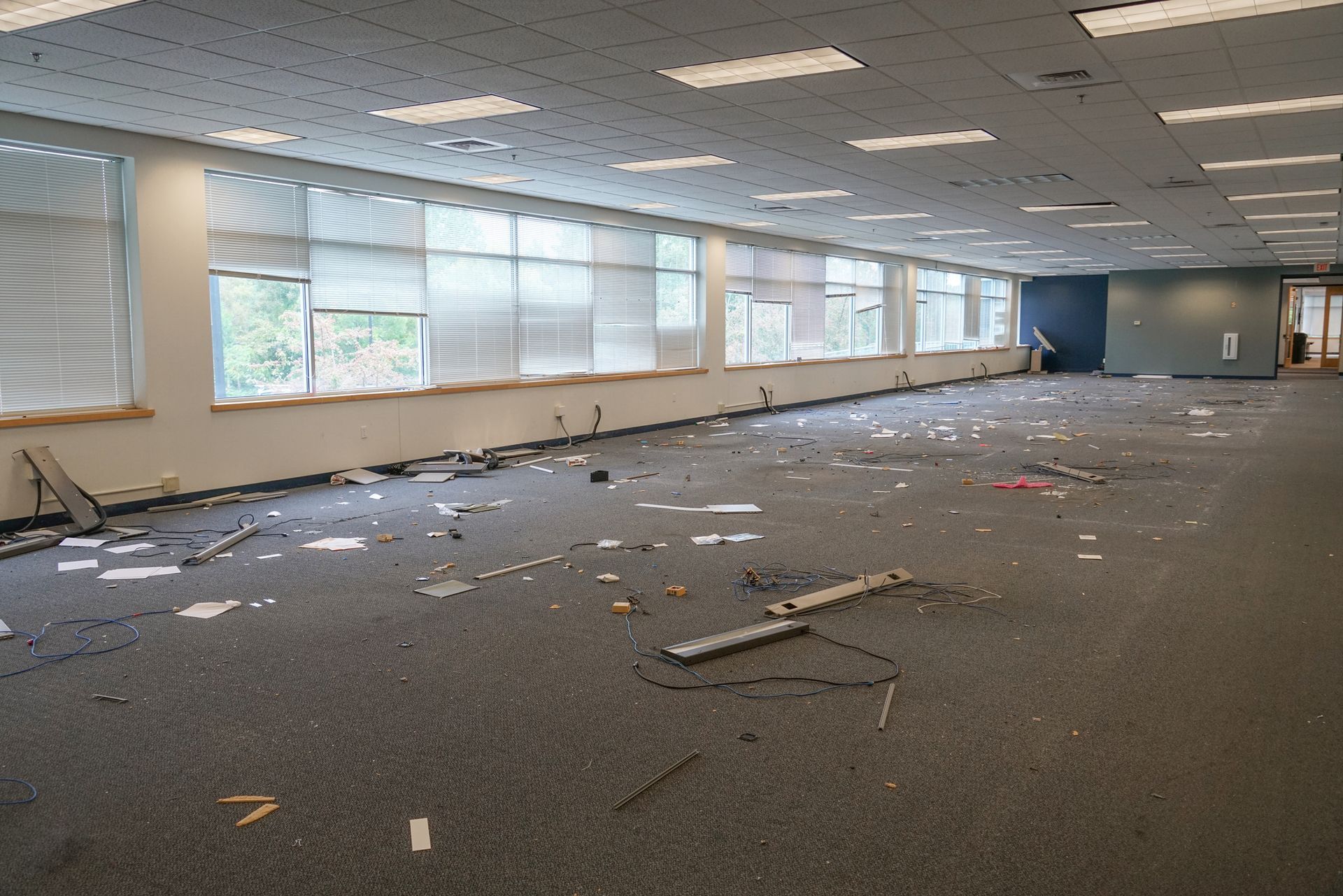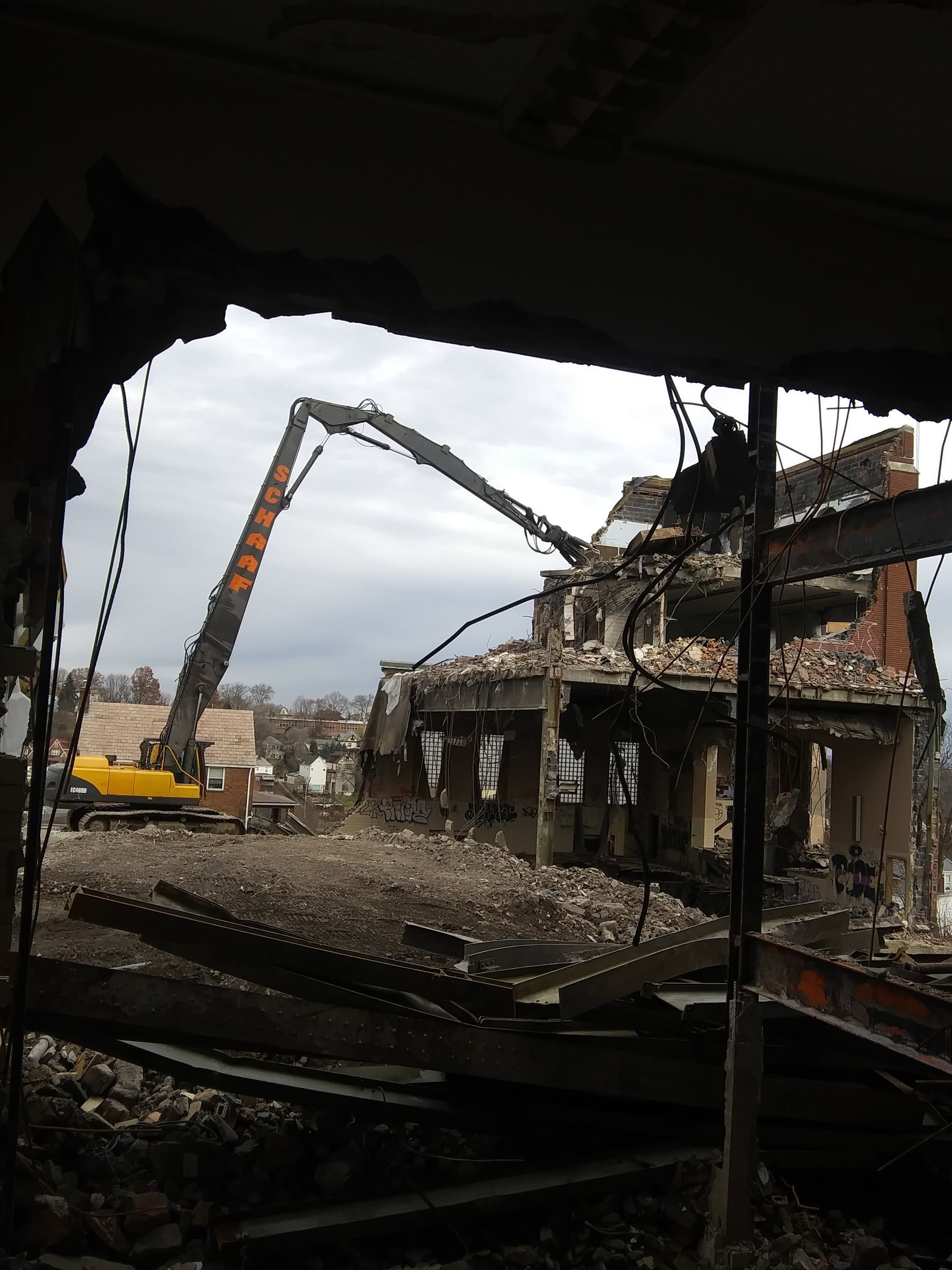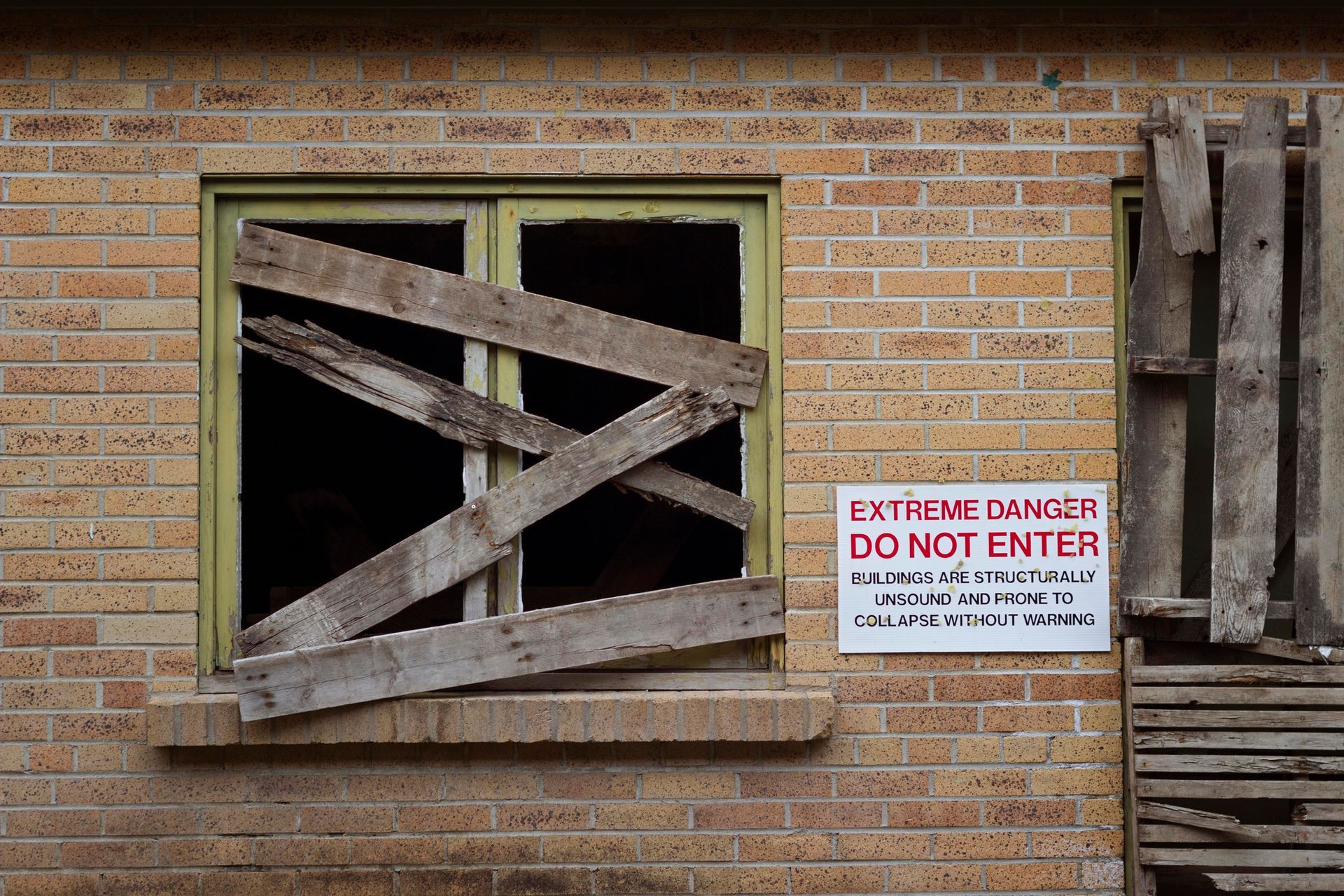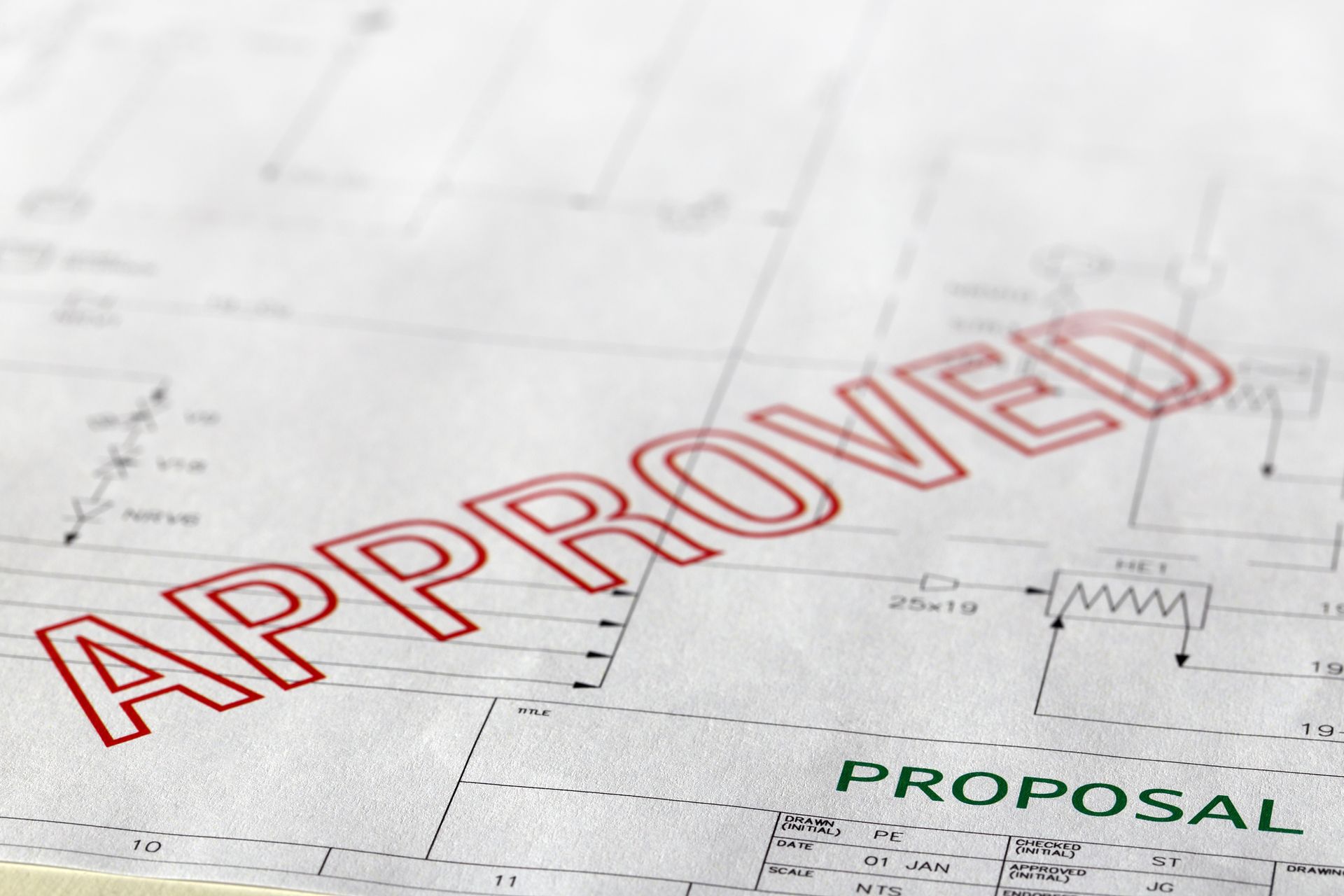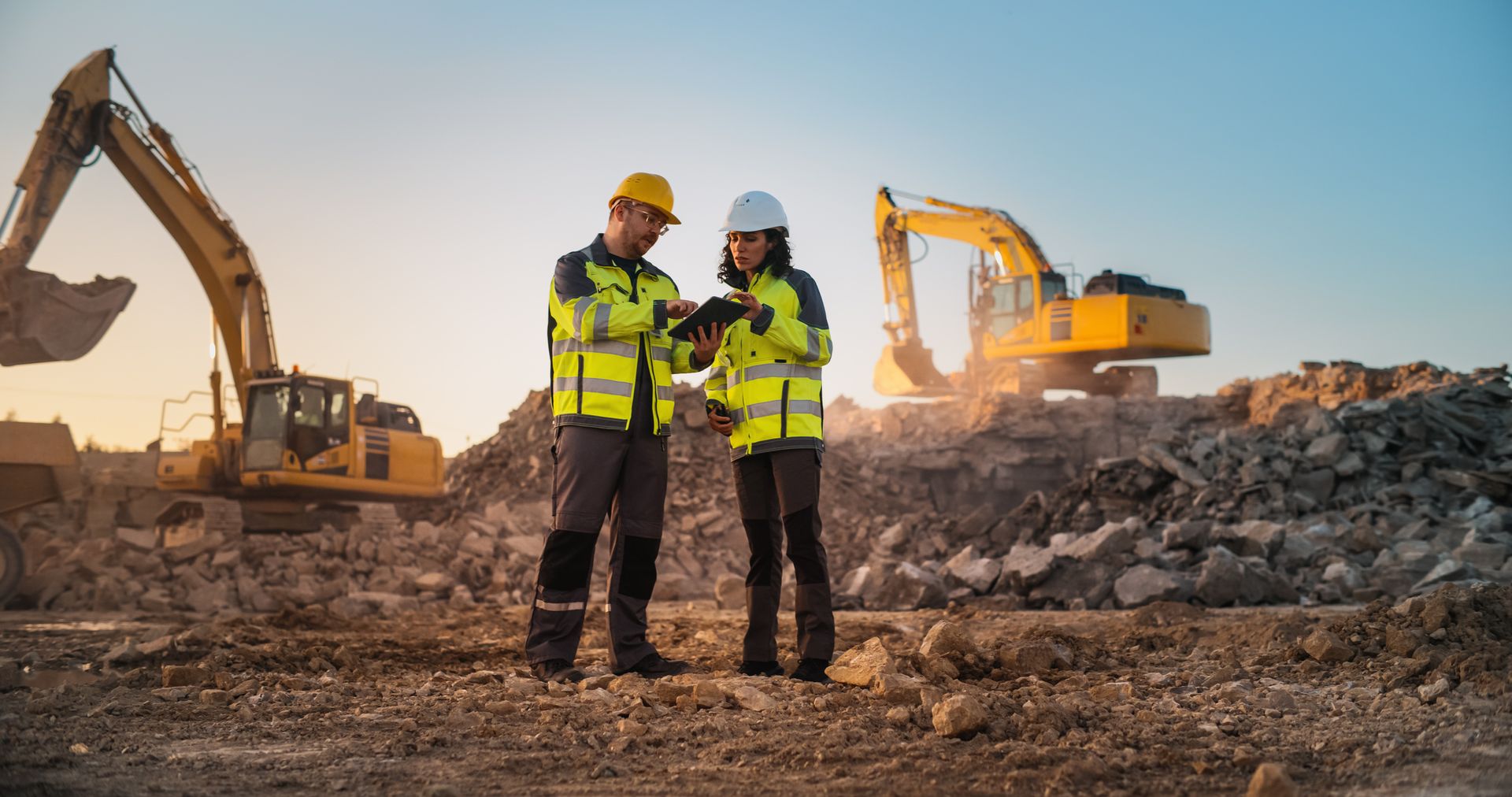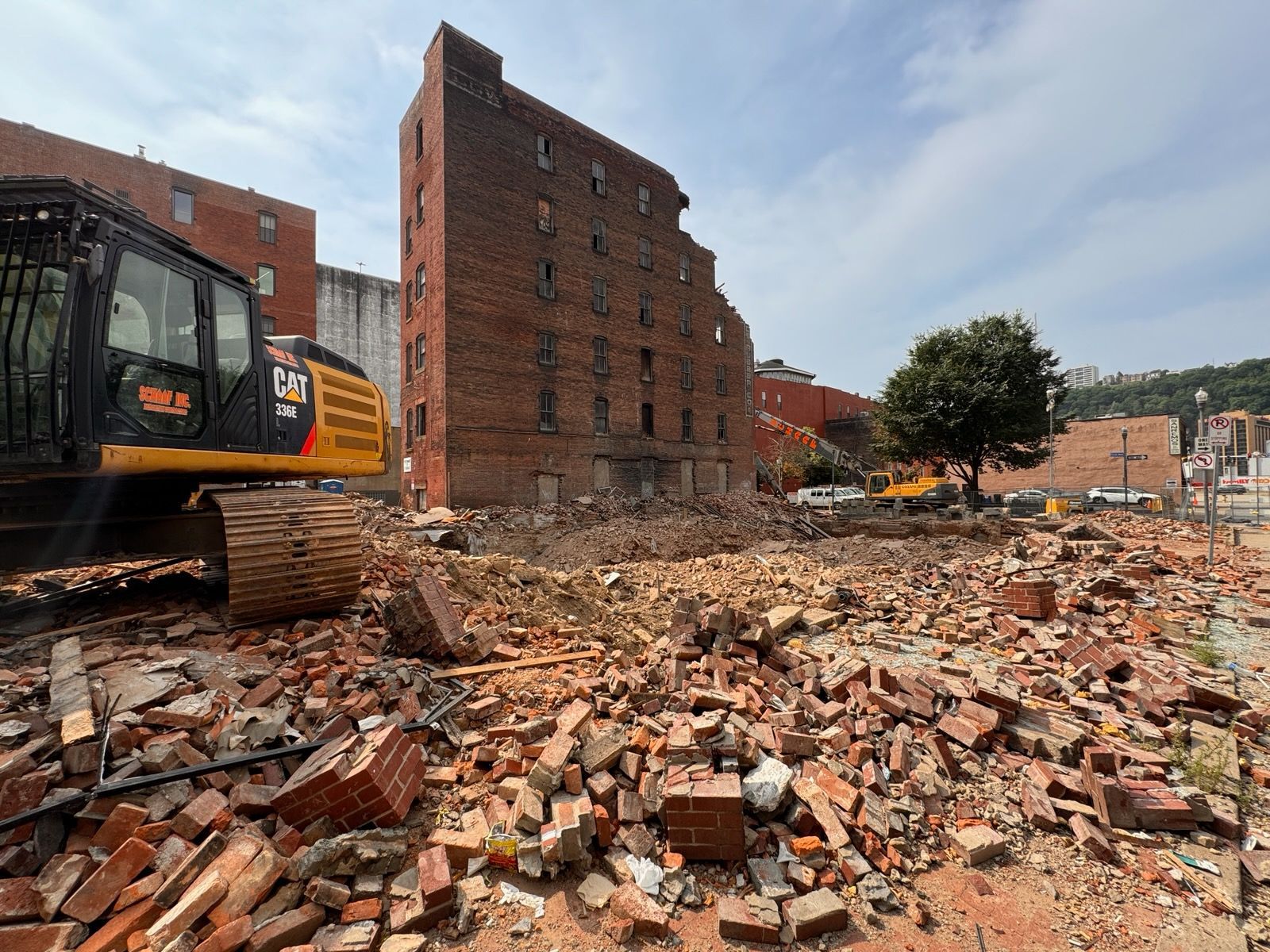Finding & Choosing The Right Commercial Demolition Contractor
As cities grow and businesses evolve, many commercial and industrial buildings become obsolete, unsafe, or no longer suitable for modern use. Whether due to structural issues, redevelopment plans, or changes in zoning regulations, building owners and municipal leaders often turn to commercial demolition services to clear these properties responsibly and safely.
Choosing a qualified contractor for commercial demolition is a critical first step and requires specialized skills, permits, and equipment far beyond what residential demolition typically involves. This article outlines how businesses and officials can find experienced commercial demolition contractors and what to consider throughout the selection process.
How Companies and Officials Find Commercial Demolition Contractors
Online Search
Many building owners and project managers begin their search online. Keywords such as “commercial demolition contractors near me” or “industrial demolition services in [city]” lead them to company websites, reviews, and directories.
Businesses with detailed and helpful websites, complete Google Business Profiles, and updated contact details are more likely to appear in search results. Review platforms like Yelp, Angi, and Houzz also offer customer insights, although more technical demolition work may be less represented there.
Procurement Platforms And Established Relationships
For larger or publicly funded projects, contractors may be selected through bidding portals. These platforms allow officials to publish scope details and receive competitive bids from qualified commercial demolition service providers. Word-of-mouth referrals remain a valuable source.
Companies often consult with:
- General contractors
- Property developers
- Real estate agents
- Environmental engineers
These professionals frequently work with demolition teams and can recommend contractors with proven performance in commercial settings.
Social Media and Video Content
Some demolition companies share project videos, before-and-after imagery, and client testimonials on platforms like YouTube, LinkedIn, and Facebook. This content helps demonstrate capabilities, equipment, and safety practices visually, which can be especially useful for complex projects.
Key Differences Between Residential and Commercial Demolition
Understanding the differences between residential and commercial demolition helps clarify why hiring a specialized contractor matters.
Commercial and industrial projects carry greater structural, environmental, and legal complexity, making it essential to work with certified and well-equipped professionals.
| Feature | Residential Demolition | Commercial/Industrial Demolition |
|---|---|---|
| Structure Type | Homes, garages, sheds | Office buildings, warehouses, factories |
| Permitting Complexity | Typically straightforward | Often involves multiple agencies and public safety reviews |
| Equipment | Mini-excavators, manual tools | High-reach excavators, concrete processors, cranes |
| Crew Size | Small team (2–5 workers) | Larger crew with licensed operators and specialists |
| Timeline | Days to one week | Weeks to several months |
| Hazard Management | Limited or none | Often includes asbestos, lead paint, or industrial waste |
| Insurance Needs | Basic liability | Extensive coverage, bonding, and environmental protection |
Step-by-Step Guide to Hiring a Commercial Demolition Contractor
1. Define the Scope of Work
Identify what the demolition entails: full structure removal, interior strip-out, selective demolition, or structural teardown. Be clear about timelines, safety concerns, and site access.
2. Research and Prequalify Contractors
Look for contractors with documented experience handling buildings similar to your own. Review:
- Company websites
- Project portfolios
- Safety records
- Local license status
Check that the contractor has completed similar projects within your city or region, which often means they understand local permitting and code compliance.
3. Request Proposals and Bids
Ask shortlisted companies for detailed written proposals, including:
- Demolition methods
- Equipment to be used
- Cost estimates
- Disposal and recycling plans
- Timeline and milestones
- Safety and contingency procedures
A well-structured proposal signals professionalism and helps ensure scope alignment before work begins.
4. Confirm Licensing, Bonding, and Insurance
Verify that the contractor is licensed for commercial or industrial demolition work. Ensure they carry:
- General liability insurance
- Workers’ compensation
- Pollution liability insurance (especially for industrial sites)
- Performance bonds (often required for public-sector work)
5. Assess Safety and Environmental Compliance
Experienced contractors will present a site-specific safety plan and environmental protocols. These should address:
- OSHA compliance
- Fall protection
- Hazardous material handling
- Noise and dust control
- Emergency procedures
If demolition involves regulated materials, confirm that the contractor has proper certifications for handling and disposal.
6. Review Waste and Recycling Plans
A reputable commercial demolition company should outline how they will sort, remove, and recycle materials. Concrete, steel, brick, and wood can often be salvaged or reused, reducing landfill use and project costs.
For some projects, recycling may also support LEED certification or other sustainability goals.
7. Finalize the Contract
Before signing, make sure the contract includes:
- Defined scope of work
- Timeline with benchmarks
- Payment terms
- Waste removal responsibilities
- Contingency clauses for delays or unexpected conditions
- Site Clearing and Preparation for Demolition
Before demolition begins, contractors must clear the site to ensure safe, efficient operations. Site clearing involves:
- Disconnecting and capping utilities (electricity, gas, water)
- Removing vegetation, fencing, and signage
- Installing safety fencing and erosion controls
- Conducting environmental assessments
- Creating access points for heavy machinery
Site clearing also helps identify and remove hazardous materials such as asbestos, lead paint, and chemical residues, particularly in older or industrial buildings. A clean, hazard-free site is critical for worker safety and regulatory compliance.
Concrete Demolition and Material Handling
Many commercial buildings include large volumes of concrete in floors, columns, and foundations. Concrete demolition is a specialized aspect of the project requiring:
- High-power hydraulic hammers and pulverizers
- Concrete saws and wire-cutting tools
- Dust suppression equipment
- Skilled operators familiar with vibration, noise, and structural sequencing
Proper concrete demolition ensures that the structure comes down safely without damaging nearby buildings or underground infrastructure. Recovered concrete is often crushed and recycled for use in road base, fill, or new construction projects, contributing to sustainable practices.
Skills and Qualifications That Set Commercial Demolition Experts Apart
Qualified commercial demolition contractors bring a specialized mix of technical knowledge, regulatory awareness, and on-site discipline. Key qualifications may include:
- OSHA 30-hour training
- HAZWOPER certification (for hazardous waste work)
- Asbestos abatement licensing
- Lead-safe work practices
- Experience working with cranes, high-reach excavators, and hydraulic tools
They also have familiarity with local building departments, utility disconnection procedures, and environmental regulations from agencies like the EPA.
Understanding the Role of Industrial Demolition Services
When dealing with large-scale facilities such as factories, refineries, or hospitals, industrial demolition services are often required. These providers are equipped to handle:
- Complex utility networks (gas, steam, electrical, etc.)
- Hazardous materials
- Confined spaces and tall structures
- Steel-framed and reinforced concrete buildings
Industrial demolition firms often work closely with environmental consultants and engineering teams to sequence work, manage site risks, and prepare the land for reuse or redevelopment.
Post-Demolition Site Preparation
Once the structure is removed, the work is not yet complete. Post-demolition site prep ensures the land is safe and ready for future use. This process may include:
- Grading and leveling the soil
- Compacting the ground for stability
- Removing below-grade foundations or footings
- Backfilling excavated areas
- Conducting soil testing for contamination
- Installing stormwater or erosion control systems
This stage is critical for redevelopment projects, especially those transitioning into residential, commercial, or public spaces. A thorough site prep phase avoids future construction delays and supports permitting for new development.
Red Flags to Watch For
When choosing a demolition company, avoid contractors who:
- Lack proof of licensing or insurance
- Provide vague or incomplete proposals
- Have minimal experience with commercial buildings
- Are unwilling to supply safety documentation or references
- Offer unusually low bids with little breakdown of costs
Choosing the wrong contractor can result in fines, delays, or safety incidents that put people and property at risk.
Get A Quote From Schaaf For Commercial Demolition Work Today!
Hiring the right commercial demolition contractor involves more than finding the lowest price. It requires careful evaluation of experience, safety practices, environmental responsibility, and technical capabilities. Whether you are clearing the way for redevelopment or addressing a dangerous structure, working with a qualified team ensures the job is completed legally, safely, and efficiently.
For companies and municipalities seeking professional support, experienced commercial demolition services offer the equipment, training, and oversight needed to manage these high-stakes projects from start to finish.

Author: Tim Schaaf
Owner & Founder of Schaaf Excavating Contractors.
